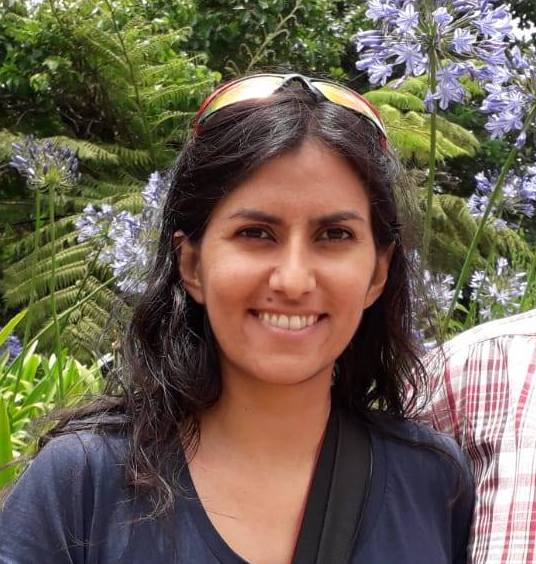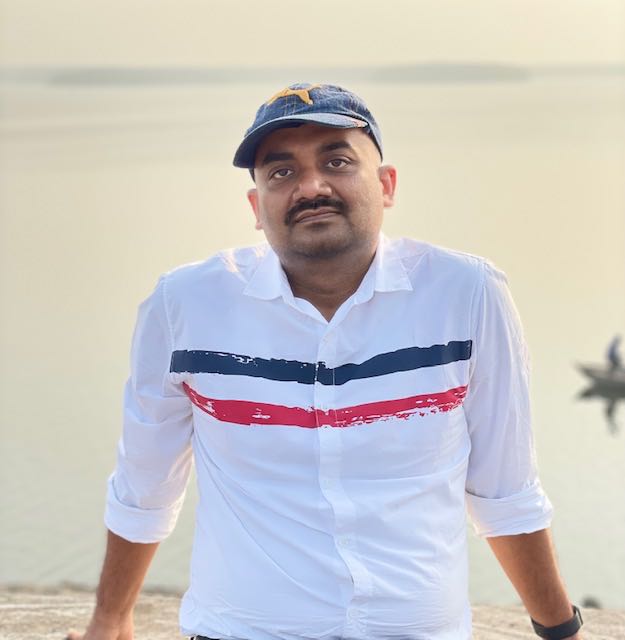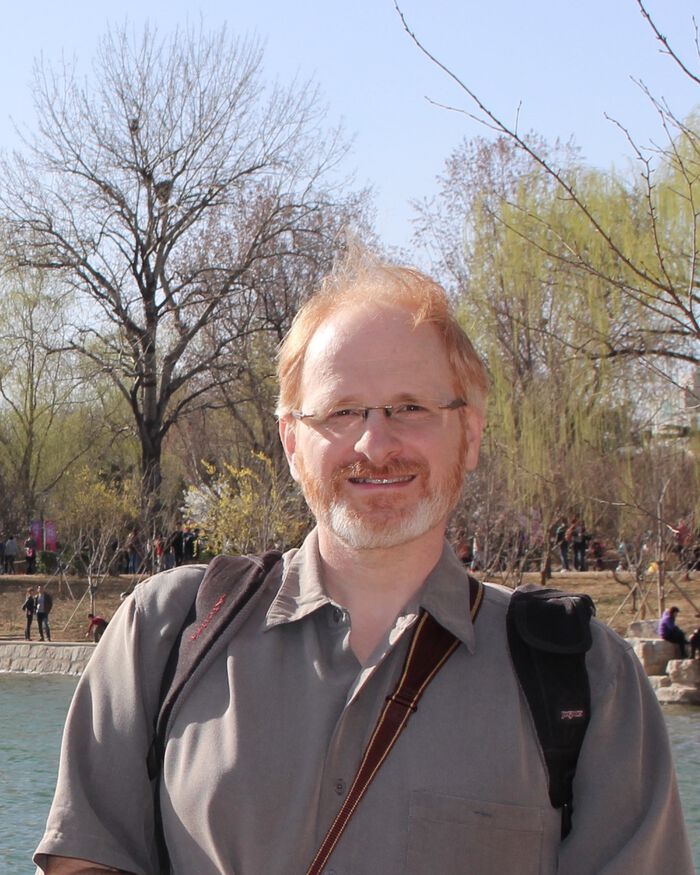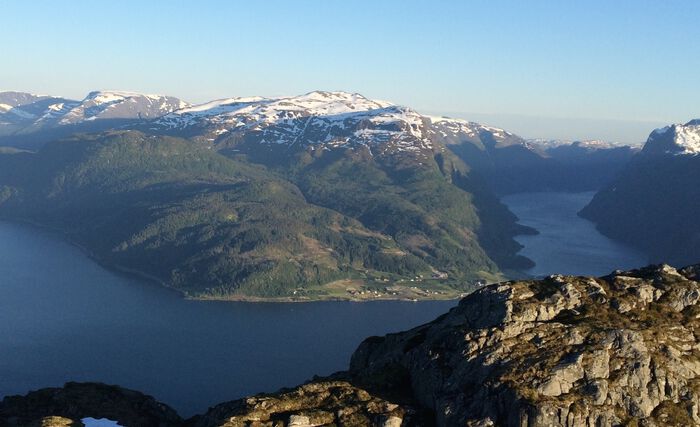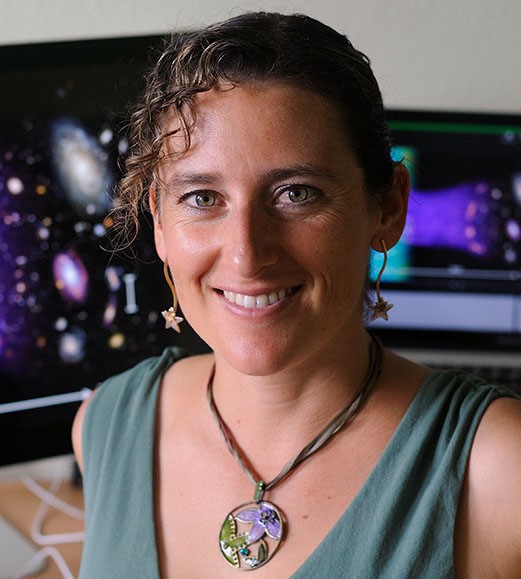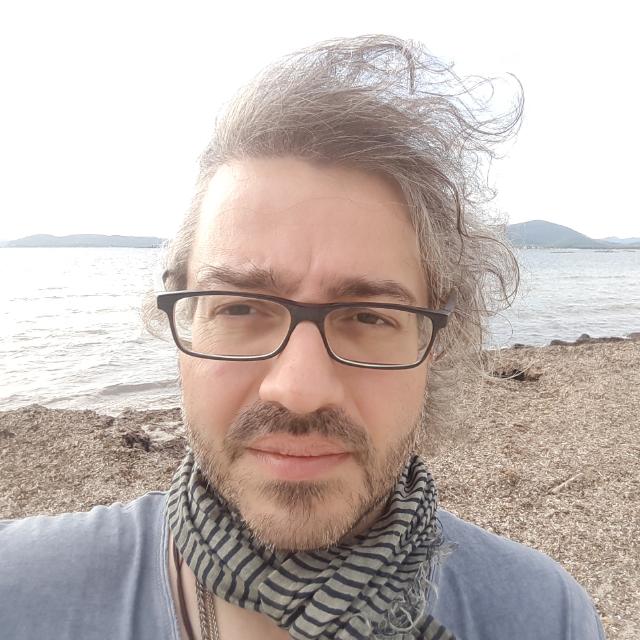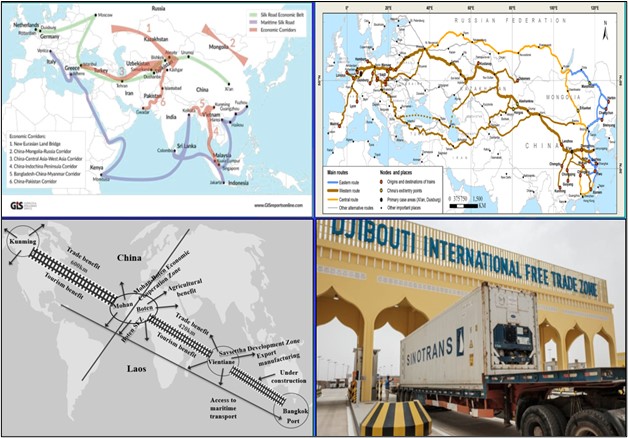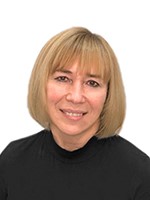Tidligere arrangementer - Side 51
By Leif Egil Loe, NMBU, ?s
Sarah White, South African Radio Astronomy Observatory (SARAO), Rhodes University, Cape Town.
NCMM Associate Investigator Professor Rolf Skotheim, Department of Molecular Oncology, Institute for Cancer Research, Oslo University Hospital and University of Oslo, will present his research as part of the NCMM Tuesday Seminar Series.
Dr. Ritam Mallick, Associate Professor from IISER Bhopal, India.
The simulation of multi-phase fluids has attained growing interest in the last decades. While for single-phase flow with the Navier-Stokes system the basic model is well understood, for multi-phase systems additional challenges by the necessity to track the transition zones or interfaces between different fluid components arise.
We propose to use a phase field as a smooth indicator function to describe this situation. Using phase-field models, one introduces a small layer of mixed fluids as a so-called diffuse interface. One benefit of phase-field models is, that they can naturally deal with topology changes and can easily be extended to cope with contact line dynamics.
This model allows for discussing the optimal control problem for two-phase flow. We introduce a thermodynamically consistent phase-field model for two-phase flow including a model for contact line dynamics and introduce an energy stable numerical scheme.
This scheme allows us to investigate the time-discrete (open loop) optimal control problem, where we investigate different control actions to steer a given distribution of phases towards the desired distribution. We derive the existence of solutions to the optimal control problem and provide first-order optimality conditions.
Hybrid format via Zoom possible on demand (contact timokoch at uio.no)
Hardi Peter, Associate Professor at the Max-Planck-Institute for Solar Physics, University of G?ttingen.
By Jeremy Swann from the Max Planck Institute of Immunobiology and Epigenetics, Freiburg, Germany. Open for all.
C*-algebra seminar by Marcelo Laca (University of Victoria)
Nordfjordeid Summer school 2022
Migration of particles and deformation and coalescence of droplets can be highly affected by the non-Newtonian properties of the carrier fluid.
In this talk, we focus on the effects of viscoelasticity and yield stress (plasticity) on particle and droplet dynamics. Results are presented from numerical simulations of Navier-Stokes equations coupled with viscoelastic and elastoviscoplastic constitutive models. We will investigate how to yield stress and elasticity affect the final position of a particle in channel flows, and how complex fluid droplets deform, merge and jump on a superhydrophobic surface.
Hybrid format via Zoom possible on demand (contact timokoch at uio.no)
Til minne om Norges fremste astrofysiker og grunnlegger av Institutt for teoretisk astrofysikk, professor Svein Rosseland (1894 – 1985), arrangerer Institutt for teoretisk astrofysikk hvert ?r en Rosselandforelesning.
C*-algebra seminar talk by John Quigg (Arizona State University)
Brain source analysis is an important tool in brain research. It is used for example during operation planning for epilepsy patients. Given EEG (electroencephalography) and MEG (magnetoencephalography) measurements the goal is to reconstruct the brain activity, i.e. the electric potential in the brain. This poses an inverse problem. It was observed in experiments, that the accuracy of the inverse problem strongly depends on the quality of the forward simulation, in particular the head model. We discuss how modern numerical methods like discontinuous Galerkin (dG) methods and cut-cell techniques can increase the robustness of the forward problem and simplify the overall workflow. Hardware-oriented design of numerical methods allows for improved speed of the inverse simulation by making use of modern hardware resources. In order to compute the forward problem efficiently, we propose an algebraic multigrid solver for cut-cell dG methods. We introduce the challenges of EEG/MEG inverse modeling and discuss how different parts of the problem can be improved using modern numerical methods.
Hybrid format via Zoom possible on demand (contact timokoch at uio.no)
The talk will start at ca. 13:00 right after the talk by Andrea Bressan.
Abstract: Many constructions have been proposed to attain adaptivity within the IGA framework (HB-, T-, LR-splines among others).
The idea of all approaches is to break the tensor product structure of the space in order to allow a spatially varying resolution.
Here we present an approach for adaptivity in IGA aimed at solving PDEs with preconditioned Krylov methods.
All the main ingredients of this work are already known, but their combination looks promising for the
development of isogeometric solvers with a good balance of flexibility and computational efficiency.
Hybrid format via Zoom possible on demand (contact timokoch at uio.no)
Cristian Vignali, Physics and Astronomy Department, Bologna University (Italy)
Medical science and society during the covid-19 pandemic. What have we learned?
C*-algebra seminar talk by Guillaume Aubrun (Université Claude Bernard Lyon 1)
Are you writing your MA or Ph.D. thesis on Chinese cities, global urban studies, infrastructure, Special economic zone, urbanism, or the Belt and Road initiative?
C*-algebra seminar talk by Alistair Miller (Queen Mary University of London)
